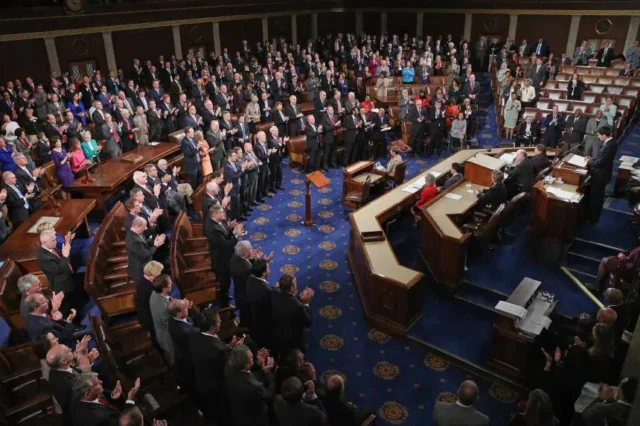Nigerians in the United States can expect to pay extra when making money transfers home. A proposed new U.S. plan intends to impose a tax on overseas money transfers, including those from diaspora groups to relatives in other nations.
The proposal, currently being debated by U.S. lawmakers, is part of a wider effort to raise revenue from unconventional sources. Should it be passed, it will impose a flat fee or percentage levy on all international remittances made from the U.S.—directly impacting millions of Africans, particularly Nigerians who remit billions of dollars annually.
To most Nigerian families, diaspora remittances are a matter of survival. In 2023 alone, Nigerians abroad remitted over $20 billion, the World Bank reports, to pay school fees, medical bills, rent, and petty businesses. Any fresh tax could reduce money families receive or force senders to use underground channels.
The other related legislation targeting remittances to Latin America, specifically to Mexico, that was endorsed in 2019 by former President of the United States Donald Trump was strongly opposed, calling the bill discriminatory against low-income working people. This particular legislation failed, but under a different administration, it was resurrected with some different characteristics.
This step, therefore, raises concerns from financial analysts and rights groups because it is likely to hurt developing economies and will discourage legal money transfers. It will encourage informal ways of transfer, thus making it difficult to track and control these transfer methods.
For their part, lawmakers pushing the bill have argued that since remittance senders use American infrastructure, they should contribute through a small fee. However, others contend that this policy unfairly targets immigrants and low-income workers who are already contributing to both their host and home countries.
If enacted, the tax can be charged directly by banks or as an additional service charge on transfers. This would cost Nigerians in the U.S. more to send money to their families in Nigeria.
Opponents also worry that the policy will prompt other Western nations to adopt similar measures, putting further pressure on diaspora communities in Europe and North America.
In Nigeria, where the naira continues to depreciate and inflation remains high, remittances are one of the stable sources of foreign exchange in the country. Any disruption would affect families, banks, and the national economy as well.
Finally, whereas the U.S. would see the tax as a new means of raising revenue, it might be brutal on Nigerian families and African economies. Policymakers are being called upon to revise the plan or provide exemptions for low-income individuals.


























